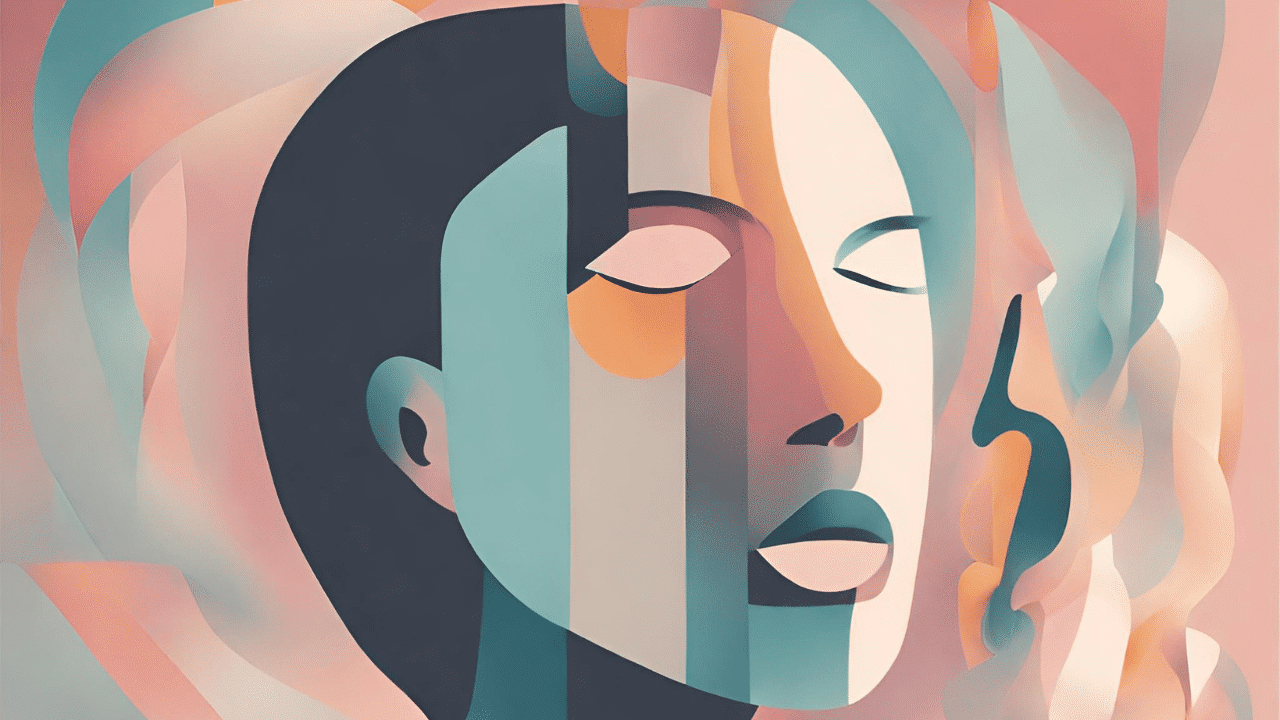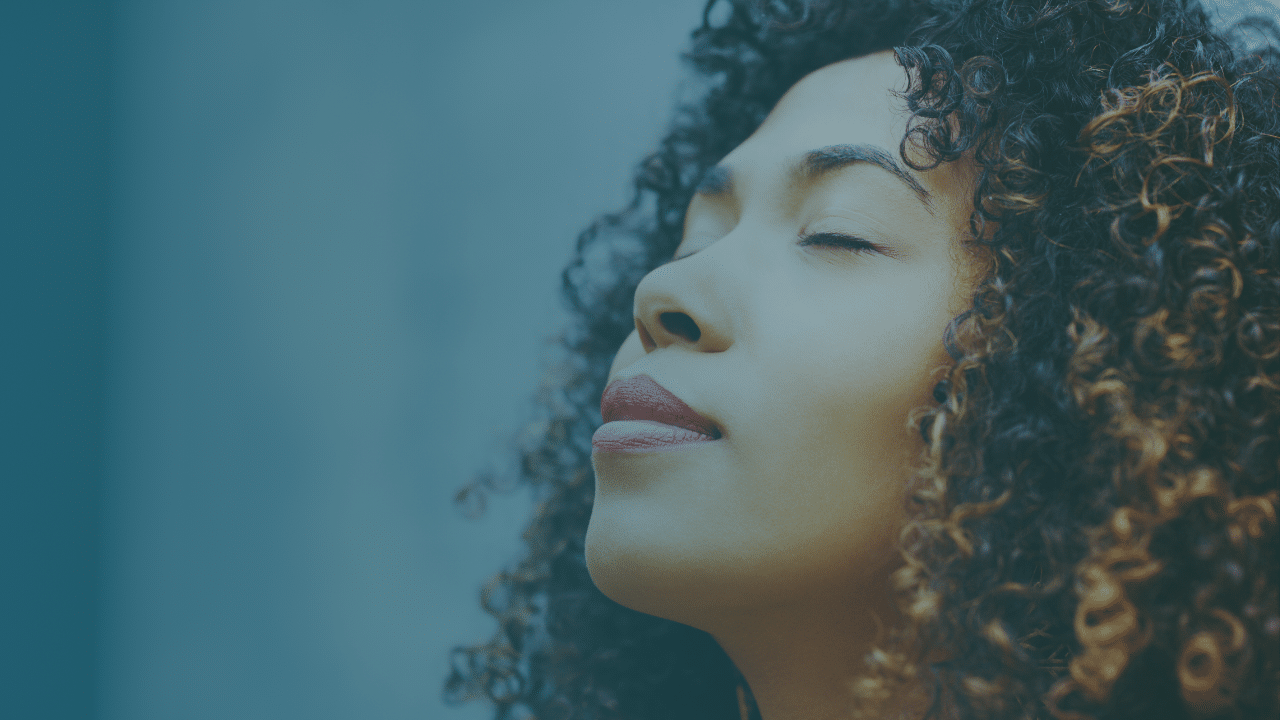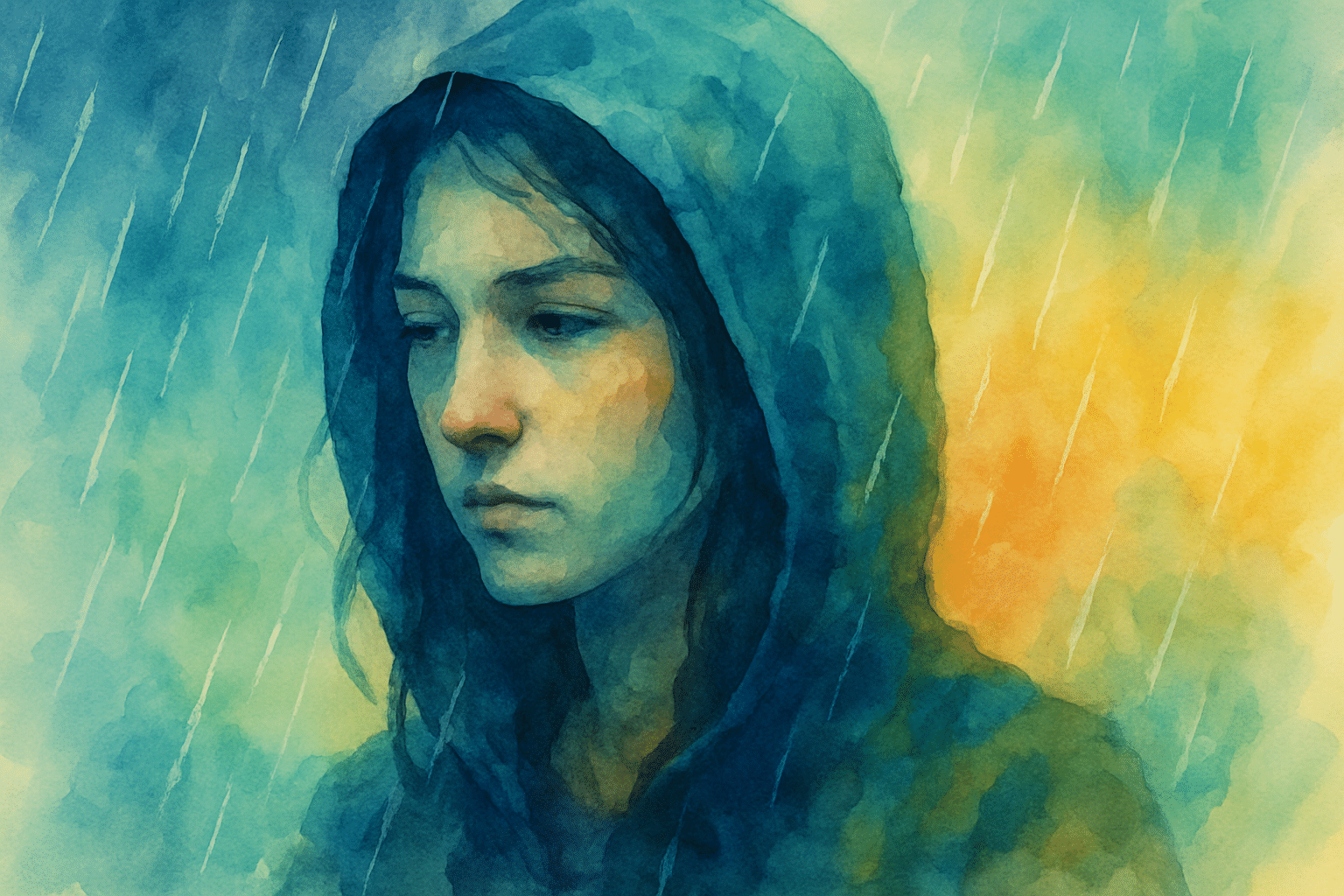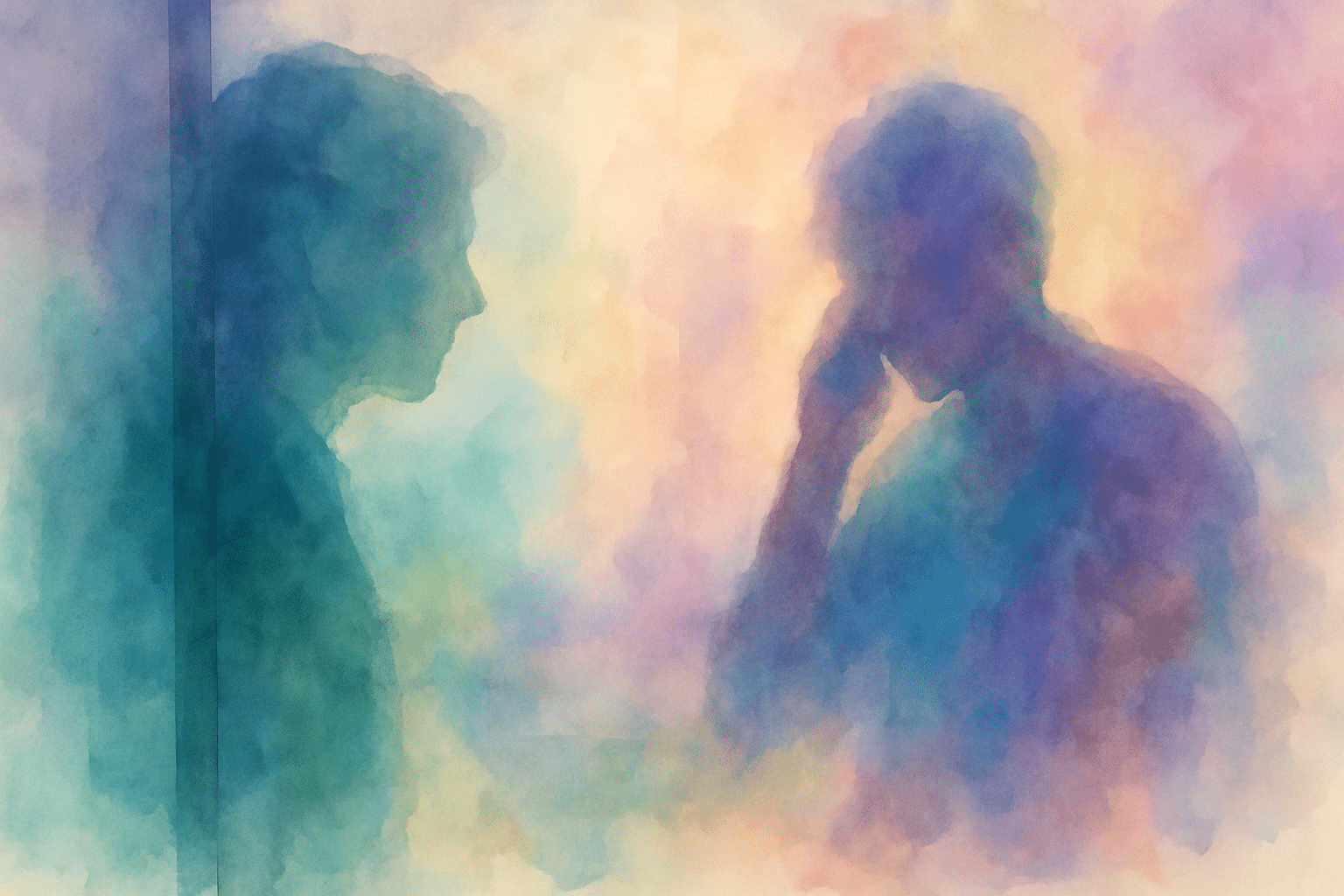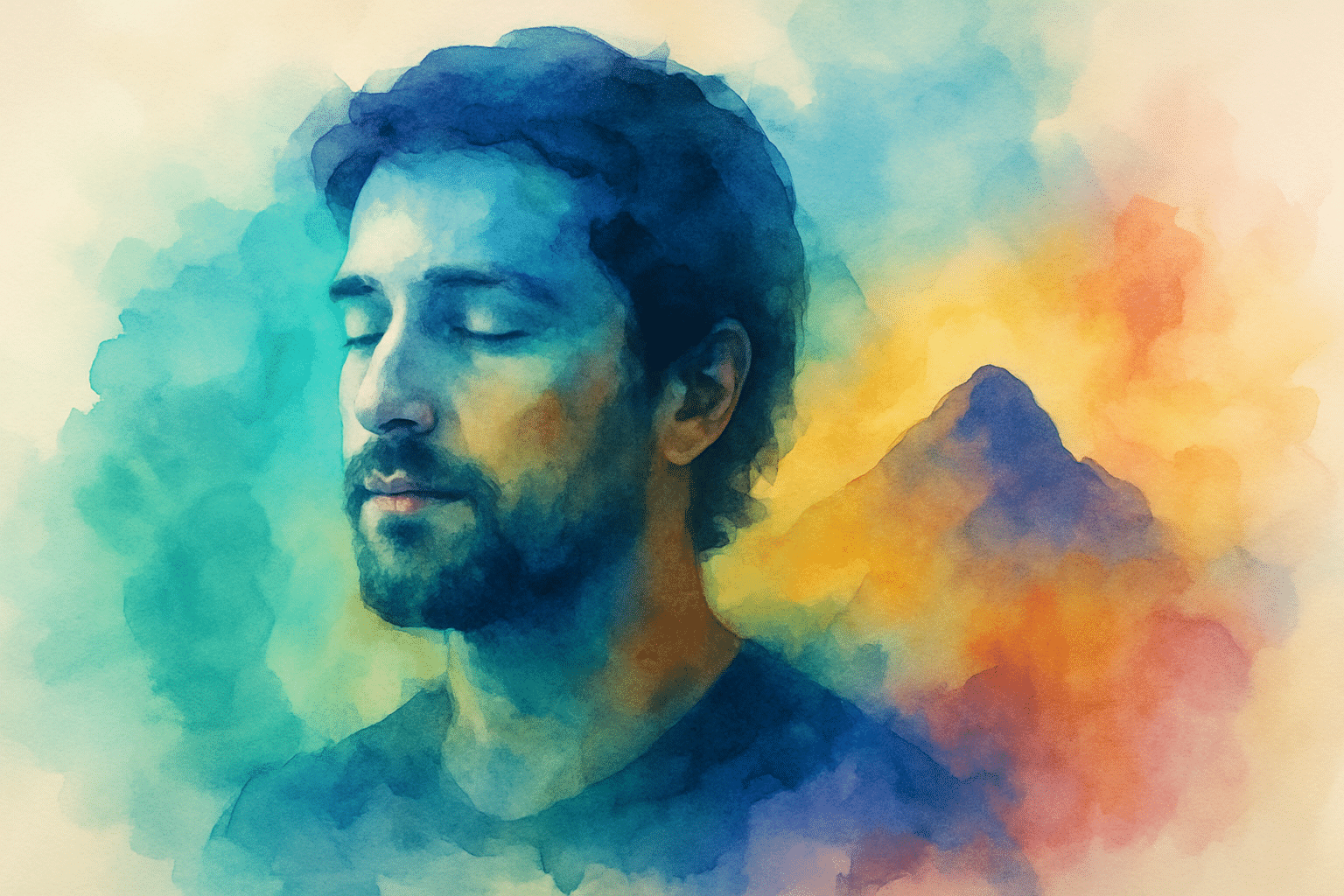What are Depressive Disorders?
According to the National Institute of Mental Health (NIMH), 16 million Americans suffer from depressive disorders each year. In addition to feeling lonely, pessimistic, and worthless, people with depression struggle to interact normally with family and friends.
Everyone suffers from depression differently, but a depression treatment center can help. Our depression treatment centers, both residential and outpatient, provide the effective treatment needed to sustain recovery.
Common Symptoms of Depression
Depression can manifest in numerous ways, and it is essential to recognize the common symptoms to seek timely support and treatment. Here are some signs that may indicate the presence of a depressive disorder:
- Lack of motivation, restlessness, or fatigue
- Irritable or impatient
- Anxiety about the future or being afraid to express strong emotions
- Feeling overlooked
- A pattern of impulsive thinking or harsh judgments when dealing with anger
- Isolating yourself from friends and family
- An ongoing headache, muscle ache, and body pain
- Displaying pessimistic comments and behaviors or feeling trapped
- Binge eating or ignoring food
- A preference for doing things on one’s own rather than with others
- Being not motivated to start new activities, ideas, or relationships
If you have depression symptoms, getting help at a center like Steps to Recovery for treatment is important.
Types of Depressive Disorders
If you receive a diagnosis for one of the disorders listed below, it is important for you to consider seeking treatment.
Major Depressive Disorder
Having Major Depressive Disorder makes it difficult to function normally. A person suffering from depression may not be able to function normally, such as attending school, working, or even socializing. Some people experience major depression once, while others experience it repeatedly throughout their lives.
Dysthymic Disorder
Dysthymia Disorder, also known as persistent depressive disorder, is a form of depression that is milder but longer-lasting. Those with this condition may also experience major depression from time to time. Dysthymia is twice as prevalent in women compared to men and may co-occur with depression or bipolar disorder.
Depression with Psychosis
Someone with depression and psychosis may hallucinate or have a delusion when they lose touch with reality. They might believe that there is something physically wrong with their body.
Postpartum Depression
After having a baby, some women may experience postpartum depression, known as the “baby blues.” Postpartum depression can make one feel moody, sad, and angry. It could also be a sign of bipolar disorder.
Seasonal Affective Disorder
This disorder happens during certain seasons—most often fall or winter- though summer is also possible. It is thought that shorter days and less daylight may trigger a chemical change in the brain, leading to symptoms of depression.
Mood Disorder Due to Medical Conditions
Depression, with other medical conditions, can affect the brain. Studies show that depression, inflammation, and immune system issues are linked. If someone is depressed or grieving, they are more likely to get heart disease or other illnesses caused by inflammation. Steps to Recovery advises treating both medical conditions and mood disorders.
Medication-Induced Depression
Some medications can cause depression, such as antibiotics, antifungal drugs, blood pressure medications, interferon, and oral contraceptives. When taking medication for depression, it is crucial to inquire about any mood changes it may cause.
Substance-Induced Mood Disorder
Substance-induced mood disorder is the term used to describe depression caused by substance use. People with substance use disorder and depression can get help at Steps to Recovery.
Depression Treatment
It’s crucial to seek treatment for depression as early as possible. Without proper care from a treatment center, depression can worsen and persist for weeks, months, or even years. It’s common for individuals with depression to feel hopeless and powerless, but recognizing the symptoms and taking action is the first step toward recovery.
Moreover, if you’re struggling with substance abuse in addition to depression, it’s essential to seek help from a dual-diagnosis treatment center. Effective treatment of depression requires ongoing communication with your therapist and a supportive environment.
Don’t wait to seek help; reach out to STR Behavioral Health today.

